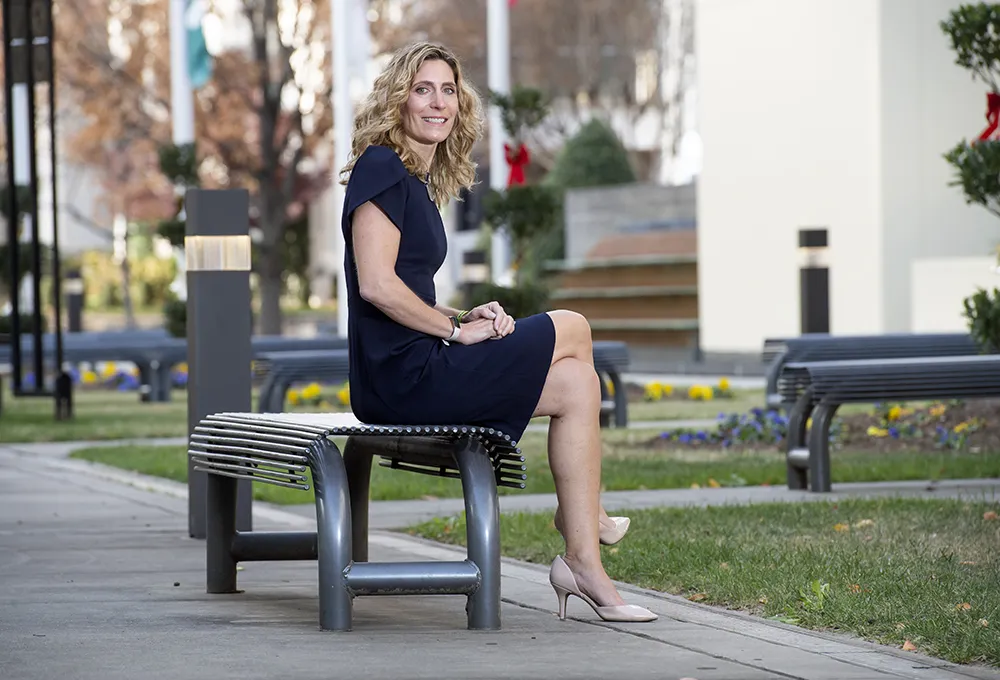
Transit agencies have been faced with difficult decisions over how to schedule services in cities where demonstrations ignited by the death in US police custody of George Floyd took place. Over the last couple of months, global protests led by campaign group Black Lives Matter, while largely peaceful, have at times erupted into violence.
In response, some urban transit services were shut down to preserve the safety of staff, leaving passengers stranded at times.
The National Association of City Transport Officials’ Streets for Pandemic Response and Recovery document has a section on how transportation agencies should manage their operations during protests.
It urges authorities to post route or station changes for transit services, as well as for micromobility options such as bike- and scooter-share or ride-hailing, in order “to ensure options for essential workers and residents”.
In Los Angeles, passengers’ Uber, Lyft, and taxi rides from a demo were reimbursed by the transit agency after services were suspended. In a blog post, Jarrett Walker, public transportation consultant and author of Human Transit, asked: "Was that the right thing to do? Right now, give them credit for doing something."
He outlined the difficulties faced by authorities trying to balance a transport schedule with sometimes unpredictable, fast-moving events. “Please don’t make these emergency decisions sound easy and obvious, because they aren’t,” Walker concluded.
Difficult position
Crissy Ditmore, director of strategy at Cubic Transportation Systems, acknowledges another problem. “They are in a difficult position which in many ways both supports the cause of those protesting while being required to render aid to other city-funded services such as the police,” she told ITS International. “Since these ideals conflict, they must now decide their path forward.”
In response, agencies are turning to mission statements to reinforce their message and creating new policies that focus attention to the services they believe meet that mission, she says. But whether dealing with social unrest or pandemic, “the agencies that run these systems and their employees are faced with challenges that go beyond operations into areas of political and social relevance”.
In a radio interview with KCRW in Los Angeles, Dr Destiny Thomas, an urban planner and CEO of Thrivance Group, explained the term ‘infrastructural racism’.
“When you’re doing something like imposing a design element without the consent of the community, that is a practice that stems from a legacy of racism,” she said. “Lack of consent is definitely a tool of white supremacy and racism. The way so many planners, architects and engineers have imagined ‘ideal’ spaces tends to include... the absence of people that are inconvenient to those designs.” This includes those with disabilities and black people. “None of them ever make it into a comprehensive concept.”
Consent for the sort of pop-up changes to streets which have been common during lockdown is just as important. Take the ‘slow streets’ concept, in which thoroughfares emphasised active mobility over vehicles: while clearly well-intentioned, it was also criticised for prioritising the needs of those who could afford to stay at home, rather than those who needed to travel to work.
Safe routes
Not everyone bought into this, points out Thomas. “I love that Atlanta said: ‘Maybe this isn’t the right time for slow streets but we’re open to learning more about its benefits. The reason we’re saying ‘no’ today is because we know we can’t do this in an equitable way. And so now they have an opportunity not just to have slow streets but to have safe routes for mutual aid, or safe routes for essential workers – which makes a very clear distinction about who we’re prioritising and privileging in these quick-build interventions.”
One of the few positives to emerge at present is, perhaps, that these issues are at least being aired.
“Many people have been saying these challenges are new, and that is simply not the case,” Ditmore concludes.
“These protests are a result of recent events exacerbating existing inequalities in how black people are treated. We have to ask ourselves, at what point does inequity become iniquity? Transport agencies are at the centre of decision-making to ensure that our systems do better to right these historical – and current - wrongs.”









